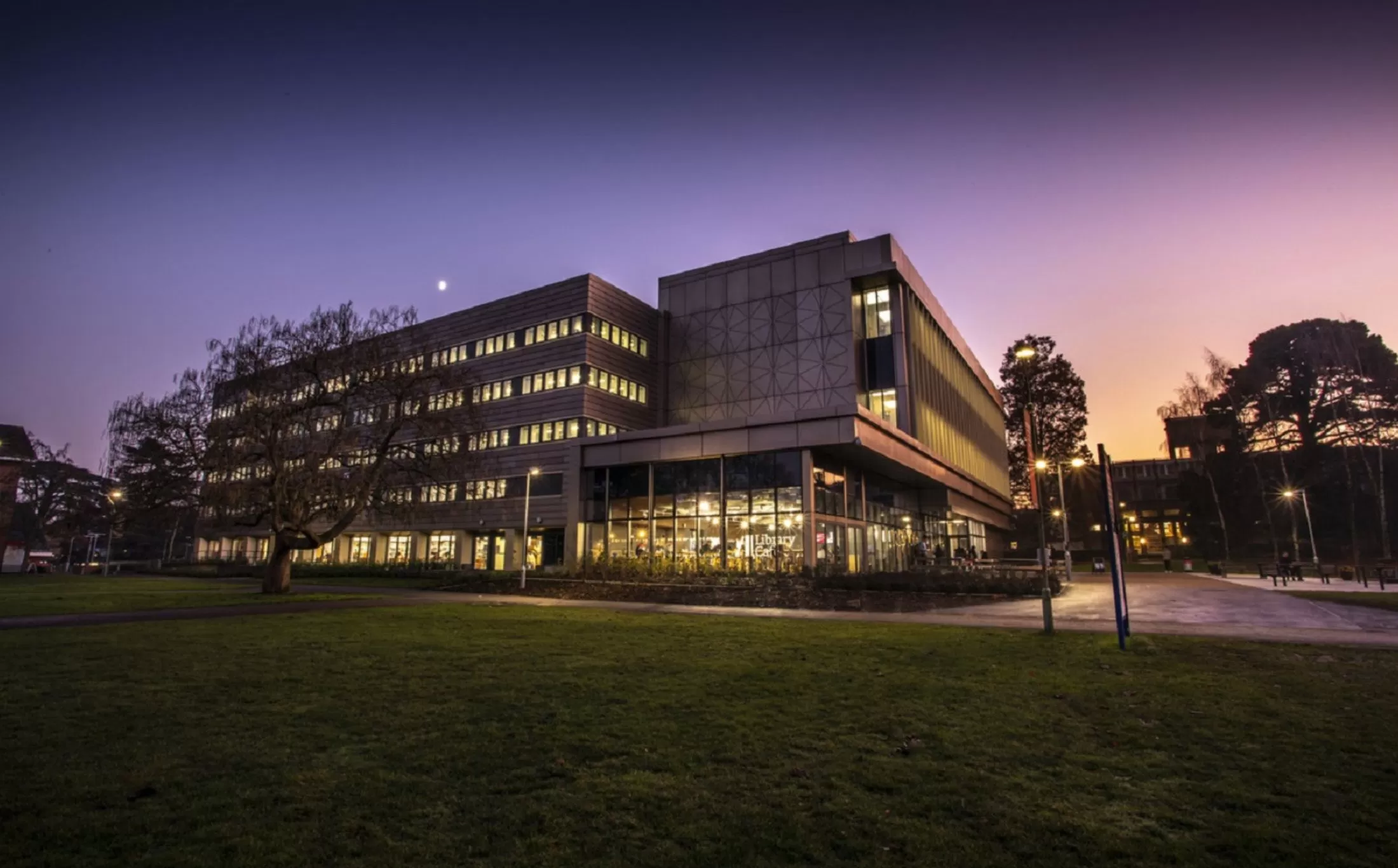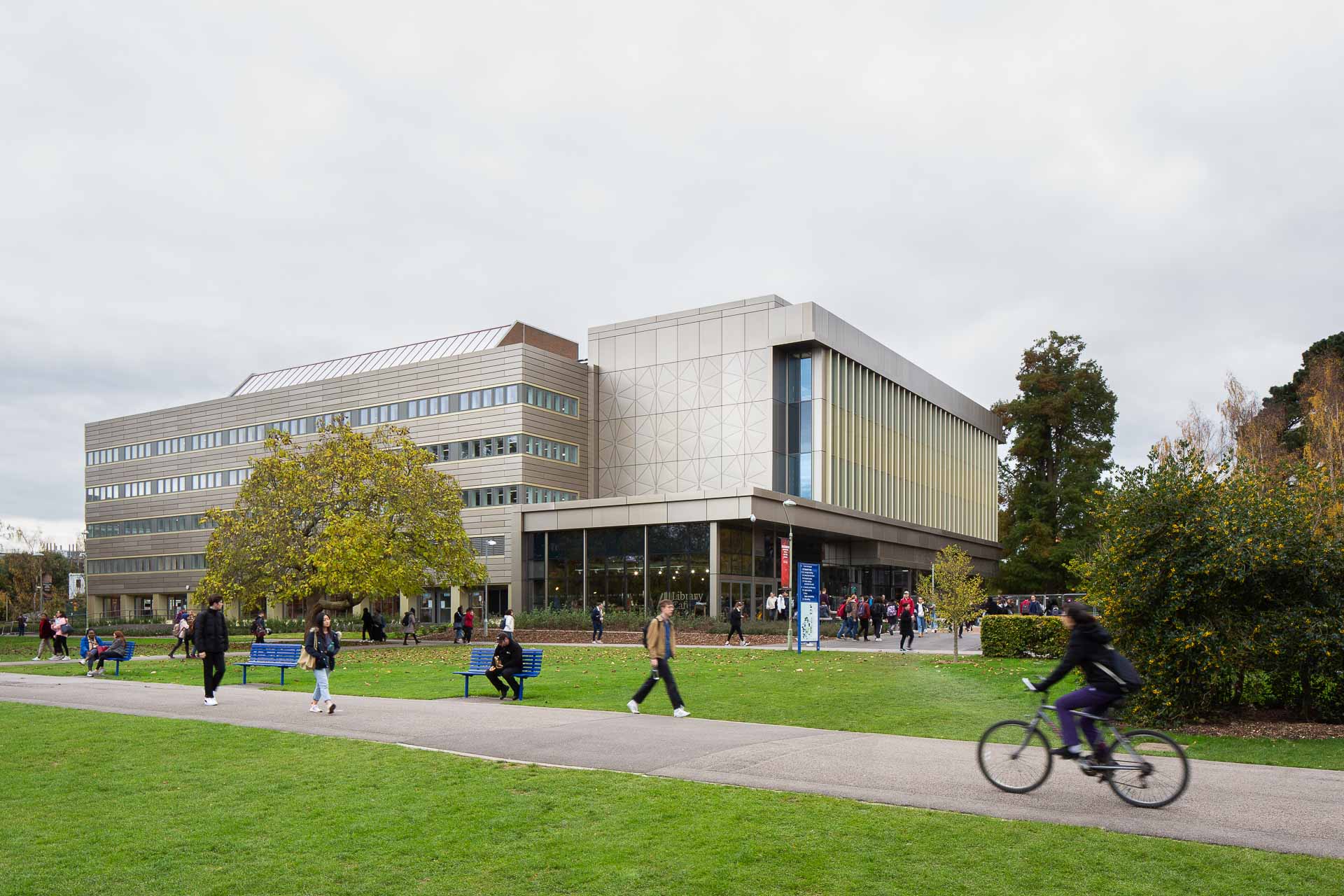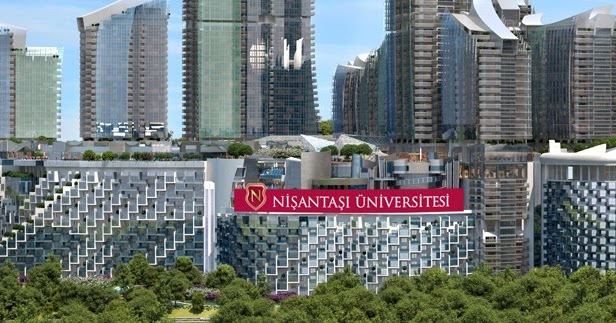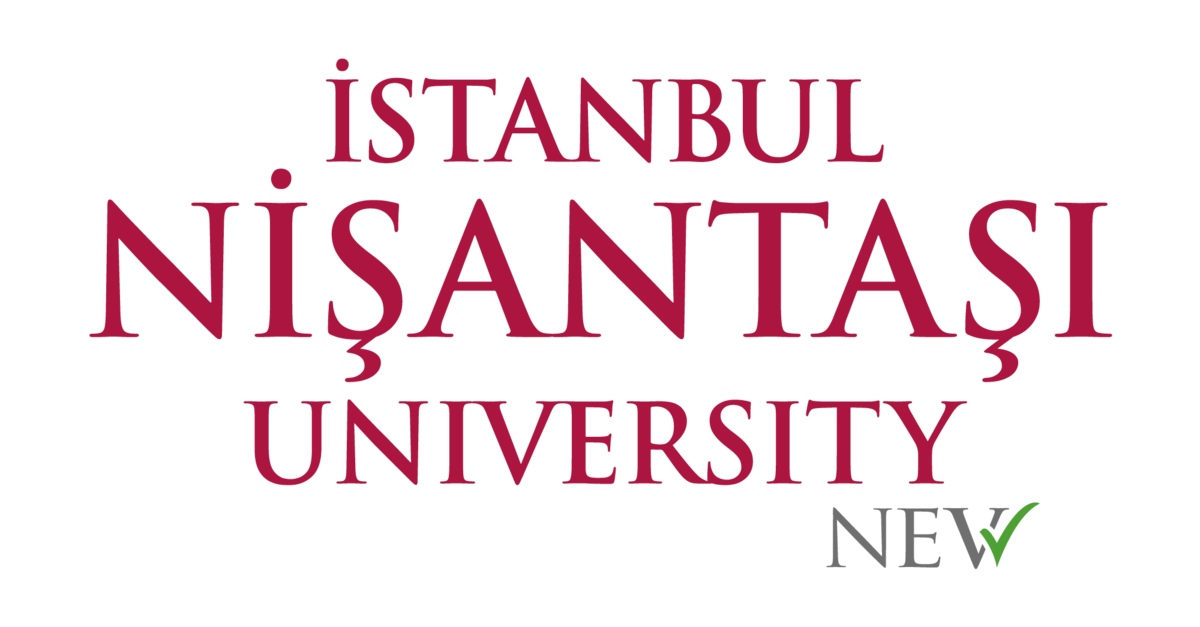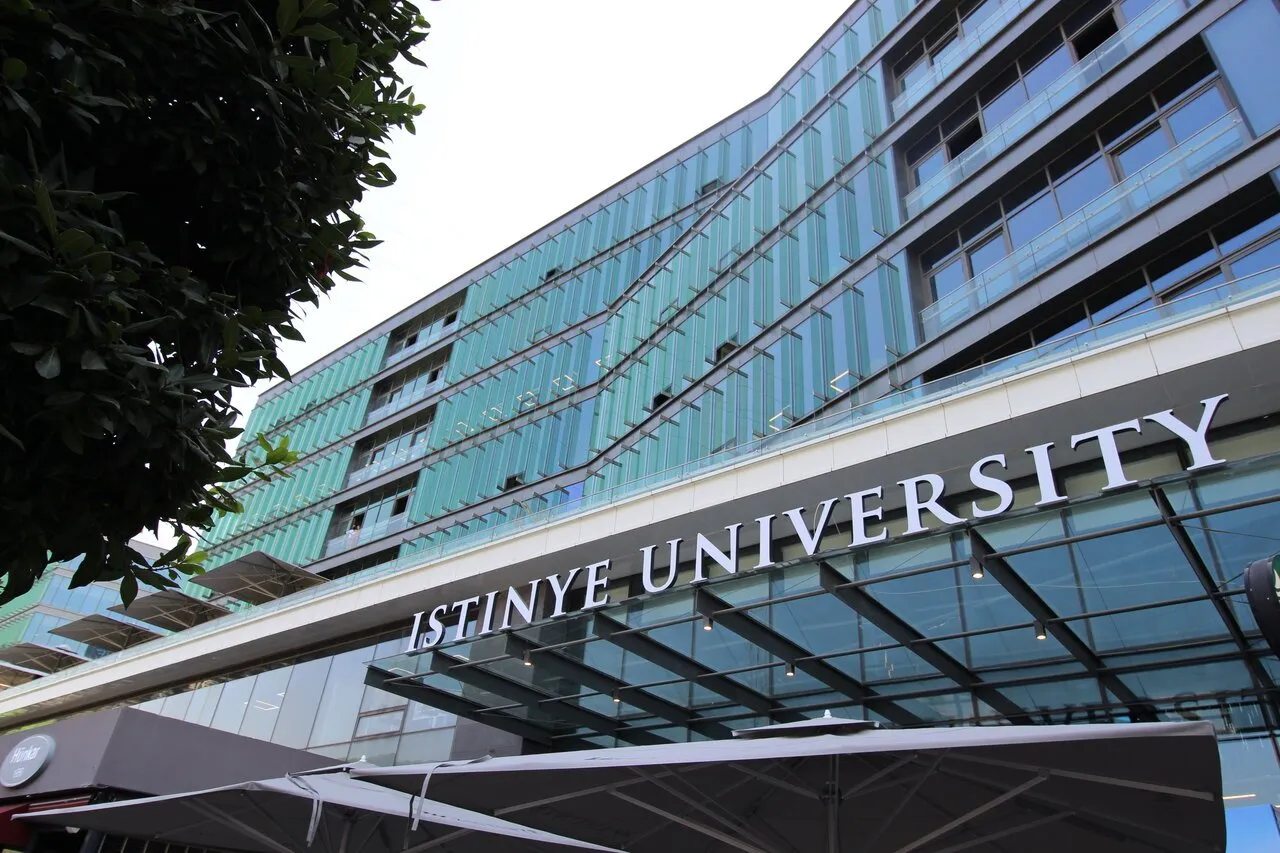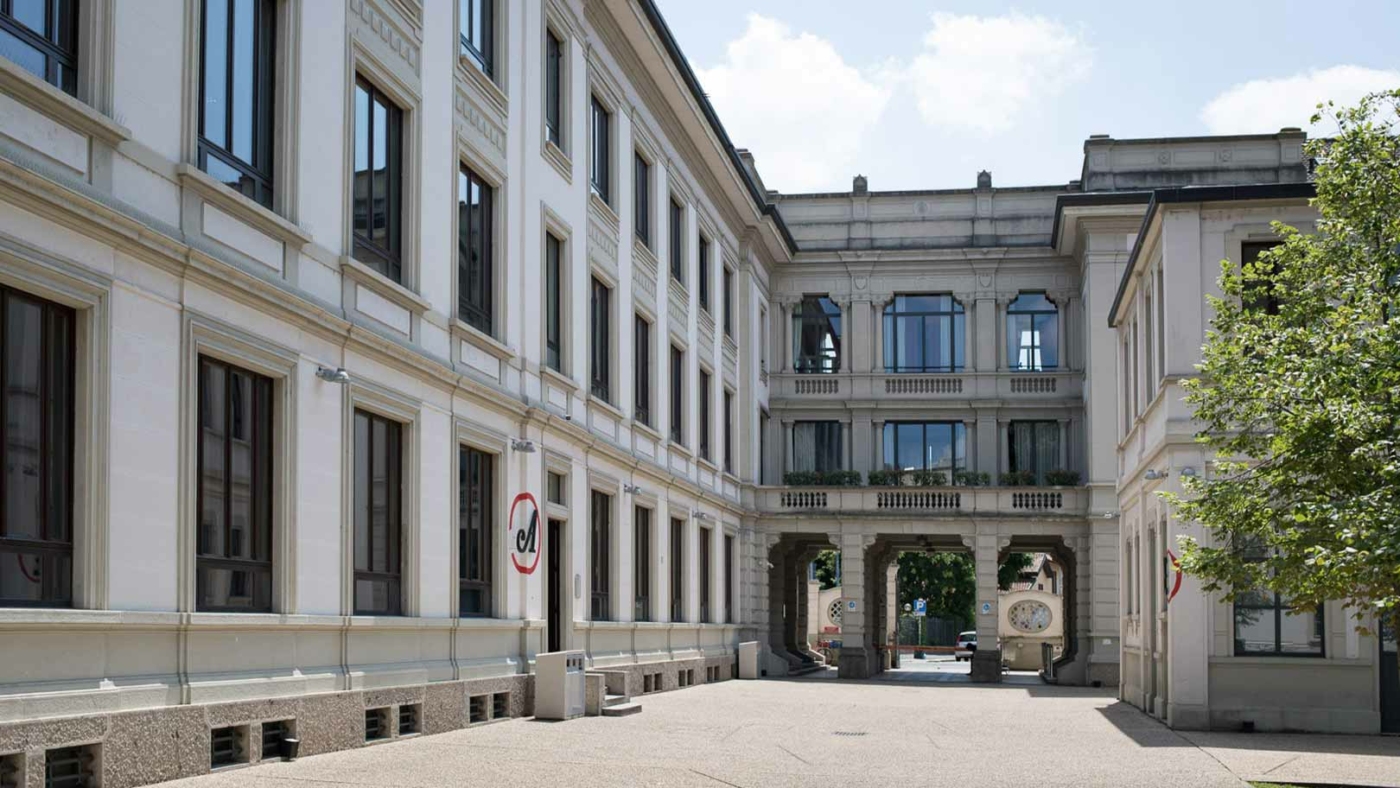
Speech and Language Therapy BSc (Hons)
Derry~Londonderry Campus, United Kingdom
Overview
You will experience a fully integrated three-year course where all aspects of theory and practical experience are carefully woven together. Your assessments will also develop your ability to integrate theory with practice as a speech and language therapist. This will happen in well-supported, logical steps across the three years.
You will be facilitated in your learning by a welcoming, collegiate community of speech and language academics and your peers in class. In addition, you will learn in an academic department (School of Health Sciences) with other health professional students which helps prepare you fully for working in a respectful, person-centred, inter-professional manner.
The programme meets the needs of those who wish to gain a professional qualification in speech and language therapy together with a good foundation for postgraduate study, involvement in research, and continuing professional development. This programme is recognised by the Professional and Statutory bodies for speech and language therapists (SLTs) in the United Kingdom.
Graduates are eligible to apply for registration with the Health and Care Professions Council (HCPC). HCPC is the statutory body which regulates the profession and allows graduates to practise as an SLT in the UK. Graduates are also eligible for full membership of the Royal College of Speech and Language Therapists (RCSLT).
There is a strong focus on the application of current theory and evidence to the development of practitioners with good clinical skills. Graduates are fit for purpose to work with people of all ages with communication and eating, drinking, swallowing challenges and are able to use and contribute to research in the area of speech, language and communication. Practice placements are therefore an integral part of the programme and are enhanced by a range of University-based and placement-based support and learning opportunities.
There is also a distinct eating/drinking/swallowing strand through this programme. Graduates will have completed a minimum of 100 SLT-supervised clinical hours across the three years in predominantly eating/drinking/swallowing placements. This is in addition to 480 plus SLT-supervised clinical hours in a range of child and adult settings where Speech and Language Therapists work.
The SLT students are taught by a range of experts, and at the core, there is a specialist team of six highly qualified SLTs.
The SLT academic team has developed creative, clinically-applied, research-focused student learning methods. In the National Student Survey (NSS), our final year students scored us at 100% for making the teaching interesting, challenging them to give their best, for explaining thing, and for creating opportunities to apply what they have learnt.
Additionally, it is important to us, and our NHS SLT colleagues, that students' clinical placements are excellent. Our final year graduates also scored their placement allocation as being 100% fit for purpose and also judged at 100% that their clinical placement educators understood how placement related to the broader requirements of their course.
Our External Examiners also commend the range of assessments that we use.
We continue to work with our student body to improve the feedback and learning on all assessments. To that end, it is a partnership - a collegiate community of learning.
Assessment methods vary and are defined explicitly in each module. Assessment can be a combination of examination and coursework but may also be only one of these methods. Assessment is designed to assess your achievement of the module’s stated learning outcomes. You can expect to receive timely feedback on all coursework assessments. This feedback may be issued individually and/or issued to the group and you will be encouraged to act on this feedback for your own development.
Coursework can take many forms, for example: essay, report, seminar paper, test, presentation, dissertation, design, artefacts, portfolio, journal, group work. The precise form and combination of assessment will depend on the course you apply for and the module. Details will be made available in advance through induction, the course handbook, the module specification, the assessment timetable and the assessment brief. The details are subject to change from year to year for quality or enhancement reasons. You will be consulted about any significant changes.
Normally, a module will have 4 learning outcomes, and no more than 2 items of assessment. An item of assessment can comprise more than one task. The notional workload and the equivalence across types of assessment is standardised. The module pass mark for undergraduate courses is 40%. The module pass mark for postgraduate courses is 50%.
Similar Programmes
Master's & Postgraduate
48 months
Speech and Language Therapy (Hons)
University of Reading, Reading, United Kingdom
Earliest Intake
February 2025
Gross Tuition
30650 £
Master's & Postgraduate
24 months
Speech and Language Therapy
University of Reading, Reading, United Kingdom
Earliest Intake
February 2025
Gross Tuition
31650 £
Bachelor's Degree
48 months
Speech and Language Therapy (Turkish)
Istanbul Nisantasi University, Sarıyer, Turkey
Earliest Intake
June 2025
Gross Tuition
3250 $
Bachelor's Degree
48 months
Speech and Language Therapy (Tur)
Istinye University, Zeytinburnu, Turkey
Earliest Intake
March 2025
Gross Tuition
8000 $
Master's & Postgraduate
24 months
Speech And Language Therapy Master's (Thesis) (TR)
Istinye University, Zeytinburnu, Turkey
Earliest Intake
March 2025
Gross Tuition
8500 $
Uni4Edu AI Assistant

